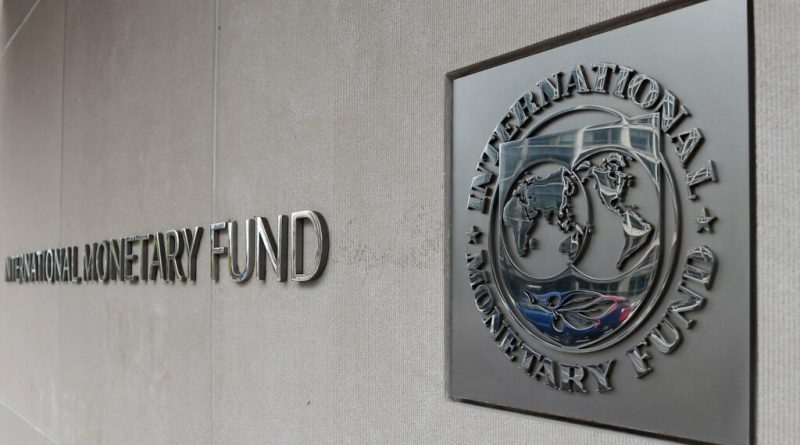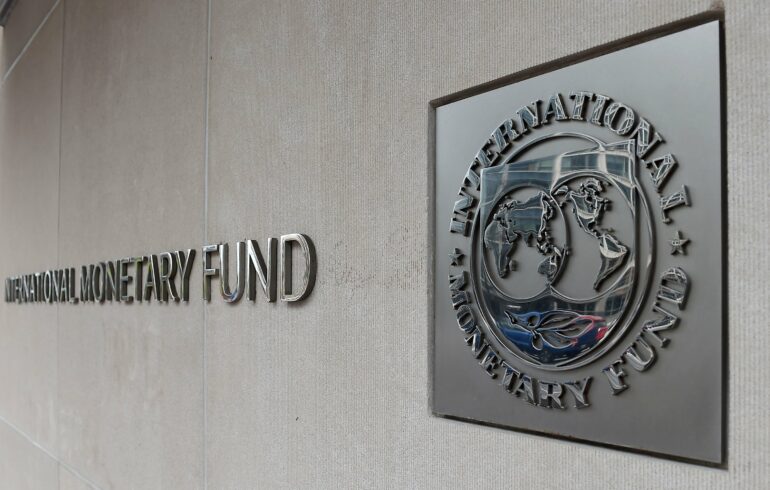IMF Takes Aim At Crypto Following Industry Wide Turmoil
- The International Monetary Fund published its Global Financial Stability report earlier today.
- The report highlighted the need to regulate crypto following a rough year for the industry.
- The IMF suggested that crypto firms should be subject to capital requirements similar to traditional banks.
The International Monetary Firm (IMF) has taken aim at the crypto industry over the turmoil it induced in the traditional finance space over the past year. The concerns were listed in a report that was published earlier today by the financial agency of the United Nations. The report comes after a year full of volatility caused by a series of bankruptcies and scandals in the crypto industry.
IMF: Crypto needs consistent regulation and adequate supervision
According to the Global Financial Stability Report released by the IMF, the fallout of Terraform Labs and the collapse of the Bahamas-based crypto exchange FTX in 2022 induced extreme volatility in the crypto market, which also spilled over to traditional finance, particularly the banking sector. The report also highlighted the case of California-based Silicon Valley Bank, Signature Bank, and Silvergate Bank, all of which were associated with the crypto industry.
“The collapse of multiple entities in the crypto asset ecosystem has again made the call more urgent for comprehensive and consistent regulation and adequate supervision, with an emphasis on the fundamentals of consumer (and customer fund) protection, financial integrity, and corporate governance.”
The report also highlighted the impact of Silicon Valley Bank’s downfall on Circle’s USD Coin and DAI. The firms behind both stablecoins held uninsured deposits at the bank and its demise led to the de pegging of the stablecoins. The IMF indicated that events like these raised questions regarding the viability of digital assets and reiterated the need for the enforcement of appropriate regulations.
In light of the turmoil in the crypto industry, the IMF suggested a regulatory framework that addressed critical activities and entities in crypto, including those related to the storage, transfer, exchange, and custody of reserves. The agency believes that crypto entities and stablecoin issuers should be subject to prudential capital requirements similar to the ones imposed on banking institutions.
Source: Read Full Article



